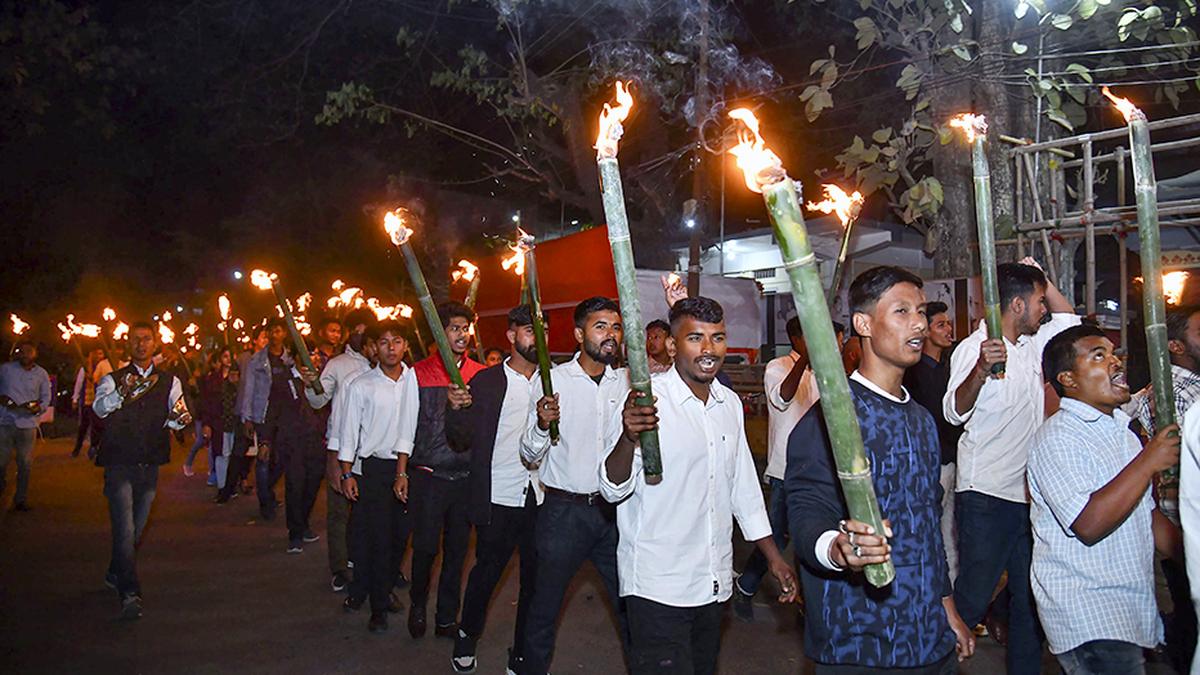The Citizenship (Amendment) Act (CAA) has sparked controversy, particularly regarding its rules pertaining to dual citizenship and the exclusion of certain groups from its benefits.
Argument against Dual Citizenship
The petitioners argue that the CAA Rules allowing for dual citizenship contradict the Citizenship Act and the Constitution, which explicitly prohibit dual citizenship acquisition.
Critique of CAA Eligibility Criteria
The CAA aims to provide expedited Indian citizenship to persecuted minorities from specific countries. However, the petitioners highlight flaws in the rules, particularly in excluding certain persecuted groups and nations.
Criticism of Exclusions
The petitioners note various exclusions under the CAA, such as the Ahmadiyya community from Pakistan, refugees from Myanmar, Tamil Hindus from Sri Lanka, and persecuted groups from China.
Rational Nexus and Flawed Objectives
They argue that the CAA’s objectives are flawed as they do not consistently protect persecuted minorities and lack a rational basis in selecting eligible groups.
Constitutional Implications
The petitioners emphasize that citizenship is a fundamental right and discriminatory criteria for citizenship raise constitutional concerns.
Multiple Choice Questions (MCQs) with Answers:
- What argument do the petitioners present regarding dual citizenship under the CAA?
a) They argue it complies with the Citizenship Act.
b) They argue it violates the Citizenship Act.
c) They argue it is a necessary provision.
d) They argue it is irrelevant to the CAA.
Answer: b) They argue it violates the Citizenship Act. - According to the petitioners, which groups are excluded from the benefits of the CAA?
a) All persecuted minorities.
b) Only Muslims.
c) Only certain persecuted groups.
d) None, all groups are included.
Answer: c) Only certain persecuted groups. - What do the petitioners emphasize regarding the eligibility criteria of the CAA?
a) Its consistency with international standards.
b) Its flexibility in accommodating all persecuted groups.
c) Its flaws in excluding certain persecuted groups.
d) Its alignment with the Constitution.
Answer: c) Its flaws in excluding certain persecuted groups. - According to the petitioners, what serious constitutional issues are raised by discriminatory citizenship criteria?
a) None, as citizenship is not a fundamental right.
b) Minor issues that can be rectified easily.
c) Concerns regarding the violation of fundamental rights.
d) No constitutional implications are raised.
Answer: c) Concerns regarding the violation of fundamental rights.
